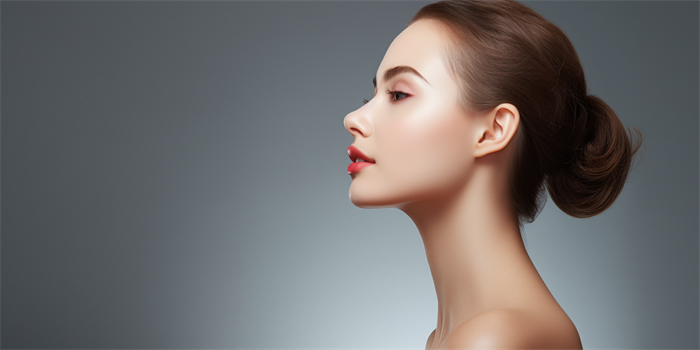What is the Best Age for AlloDerm in Ireland
Introduction to AlloDerm
AlloDerm is a type of biological graft material derived from donated human skin. It is widely used in various medical procedures, including plastic surgery, reconstructive surgery, and dental procedures. The material is processed to remove cells, leaving behind a collagen-based matrix that promotes natural tissue regeneration. In Ireland, AlloDerm is gaining popularity due to its effectiveness and minimal risk of rejection.

Optimal Age for AlloDerm Procedures
The optimal age for AlloDerm procedures can vary depending on the specific application and the patient's overall health. Generally, patients in their 30s to 50s are considered ideal candidates. This age range typically offers a balance between sufficient skin elasticity and minimal risk of complications. However, individual factors such as skin condition, medical history, and lifestyle should be considered.
Benefits of AlloDerm in Different Age Groups
1. **Younger Patients (20s-30s):** Younger patients often seek AlloDerm for reconstructive purposes following accidents or congenital conditions. The collagen matrix in AlloDerm can integrate well with younger, more elastic skin, leading to better outcomes.
2. **Middle-Aged Patients (40s-50s):** This group commonly uses AlloDerm for aesthetic enhancements, such as facial rejuvenation or breast reconstruction. The procedure is effective in reducing wrinkles and improving skin texture, making it a popular choice for those looking to maintain a youthful appearance.
3. **Older Patients (60s and above):** While older patients can also benefit from AlloDerm, the procedure may require additional considerations due to reduced skin elasticity and potential health issues. Consulting with a healthcare professional is crucial to assess suitability.
Factors Influencing the Suitability of AlloDerm
1. **Skin Condition:** The health and elasticity of the patient's skin are critical factors. Healthy, elastic skin responds better to AlloDerm, ensuring a more natural and lasting result.
2. **Medical History:** Patients with a history of autoimmune diseases or those taking immunosuppressive medications may face higher risks. A thorough medical evaluation is necessary to determine suitability.
3. **Lifestyle Factors:** Smoking, alcohol consumption, and sun exposure can affect the outcome of AlloDerm procedures. Adopting a healthy lifestyle can enhance the effectiveness of the treatment.
Post-Procedure Care and Recovery
Proper post-procedure care is essential for the success of AlloDerm treatments. Patients should follow their healthcare provider's instructions carefully, which may include avoiding strenuous activities, maintaining good hygiene, and using prescribed medications. Regular follow-up appointments are also important to monitor the healing process and address any concerns.
FAQ
Q1: Is AlloDerm safe for all age groups?
A1: While AlloDerm is generally safe, the optimal age range for most procedures is 30s to 50s. Older patients may require additional evaluations to ensure safety and effectiveness.
Q2: How long does the AlloDerm procedure take?
A2: The duration of the procedure can vary depending on the application. Typically, it ranges from 1 to 3 hours.
Q3: Are there any side effects of AlloDerm?
A3: Common side effects include swelling, redness, and mild discomfort, which usually resolve within a few days. More serious complications are rare but can occur.
Q4: Can AlloDerm be used for dental procedures?
A4: Yes, AlloDerm is commonly used in dental procedures for gum grafting and other applications.
In conclusion, the best age for AlloDerm in Ireland largely depends on individual factors such as skin condition, medical history, and lifestyle. Consulting with a qualified healthcare professional is essential to determine the most suitable time for undergoing an AlloDerm procedure.




